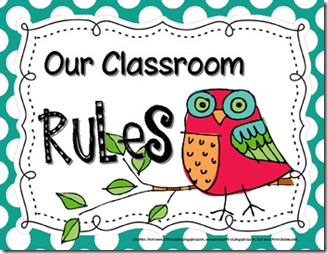I am entering my sixteenth year of teaching this year. I have learned many things over the course of my career. One of them is this.
For all of you teachers who are spending hours in your classrooms in the weeks before school starts, aligning bulletin boards along the horizontal and vertical axis, color-coding your classroom libraries, affixing perfectly penned nametags to little desks, hanging elaborate mobiles from the rafters, and otherwise creating colorful, print-rich environments:
Slow down. Relax. Stop, even. Go home during these last few days of summer vacation. None of this is as important as you think it is.

A sloppy assembled bulletin board by a team of students is always better than an aesthetically designed bit of bulletin board art designed by a teacher.
A disheveled library organized and maintained by students is always better than one carefully curated by a teacher.
A slightly less print rich environment with fewer splashed of primary colors is not going to make or break your school year.

You will be a far better teacher if you spend the countless hours that you normally use getting your classroom ready by reading.
Read a book that will improve or inspire you as a professional.
Read a book that you can recommend to your students.
Read a book from the pile that has been sitting on your nightstand for months.

Be the reader that you expect your students to be.
Or write. We ask our students to write every day, but so few of us model writing for our students.
Write some poetry that you can share with your students. Write a personal narrative about the worst day of your summer vacation. Write a short story. Engage in the writing process in a way that you will expect your students to this year. The understanding that you gain as a writer will be invaluable.
Be the writer you expect your students to be.
Or simply spend your final few days of vacation relaxing. Recharging the batteries. Exercising. Enjoying time with your family.
All of these things will make you a far more effective teacher than the stuff that you are carefully affixing to walls, ceilings, and desks in these final days.
Let go of your need for perfection. Let go of your ascetic eccentricities. Let go of the fear that students, parents, and you colleagues will judge you based upon the appearance of your classroom. In the end, your classroom will account for less than one percent of your students’ success. It will be the relationships that you form with your students that will determine your effectiveness as a teacher.
Use this precious time to prepare yourself for a year of teaching.
Don’t spend this time preparing your classroom. Prepare yourself.




